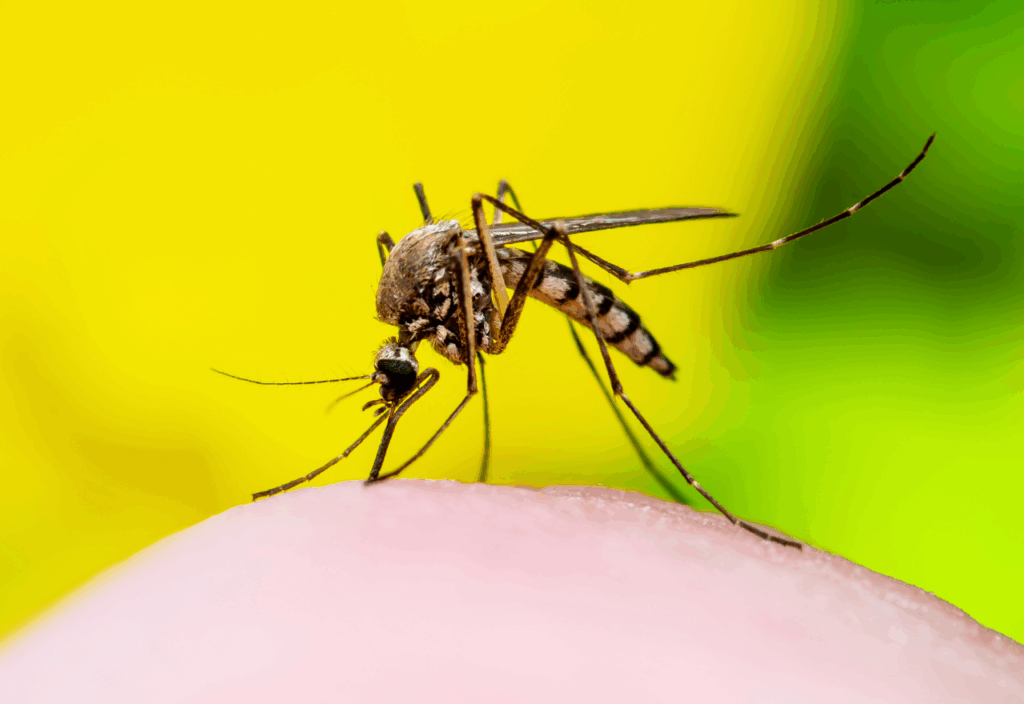
Residents in the Lismore, Richmond Valley, and Kyogle shires are being urged by NSW Health to seek vaccination against the Japanese encephalitis virus (JE) as summer approaches. This advisory comes after the virus was detected in various regions of New South Wales, including Western, Northern, and Southern areas.
The inclusion of Lismore, Richmond Valley, and Kyogle in the free vaccination list in April underscores the growing concern. Japanese encephalitis is a severe illness transmitted to humans through infected mosquitoes. This year alone, five individuals in NSW have contracted JE, with one case originating from Northern NSW. Tragically, two of these cases have resulted in fatalities.
Understanding the Risks and Vaccine Availability
NSW Health has emphasized that the JE vaccine is available at no cost for individuals aged two months and older residing or working in designated high-risk Local Government Areas. This includes those involved in volunteer deployments who are at risk of mosquito exposure. The vaccine can be accessed through local General Practitioners (GPs), Aboriginal health services, and pharmacies.
Residents are advised to schedule appointments and inform providers that the visit is for the JE vaccine, as it may require a few days’ notice for ordering. Once vaccinated, it can take up to two weeks for protection to develop.
Potential Health Impacts of Japanese Encephalitis
Japanese encephalitis is a serious condition with no specific treatment available. In severe cases, it can lead to neurological complications, including headaches, convulsions, reduced consciousness, and even death.
“It is strongly recommended that everyone who lives or works in areas where there’s a high risk of catching Japanese encephalitis get vaccinated against the virus,” stated a NSW Health email.
Particularly at risk are individuals working with pigs, mosquitoes, or in laboratories where exposure to the virus is possible. The vaccine has been proven safe and effective, and while the vaccine itself is free, some providers may charge for consultation or administration.
Preparing for the Summer Season
With summer on the horizon, NSW Health is keen to ensure that residents are prepared. The development of a protective immune response can take between two to four weeks post-vaccination, making it crucial to get vaccinated promptly.
“Have you already been vaccinated? Check with your GP or pharmacist if you require a booster dose,” advises NSW Health.
Residents are encouraged to book appointments with their GP, pharmacist, or the Aboriginal Medical Service to discuss vaccination options and to encourage community-wide participation.
Protective Measures Against Mosquitoes
As many anticipate spending time outdoors during the summer and school holidays, taking preventive measures against mosquito bites is essential. Simple actions can significantly reduce the risk of exposure to the virus.
Looking Ahead
The push for vaccination against Japanese encephalitis in NSW reflects a broader effort to mitigate the risks associated with mosquito-borne diseases. As climate patterns shift and mosquito populations potentially expand, proactive public health measures like vaccination are crucial in safeguarding community health.
NSW Health’s campaign serves as a reminder of the importance of vaccination and community health initiatives. As summer draws near, the focus remains on ensuring that residents are informed, prepared, and protected against the threats posed by Japanese encephalitis.







